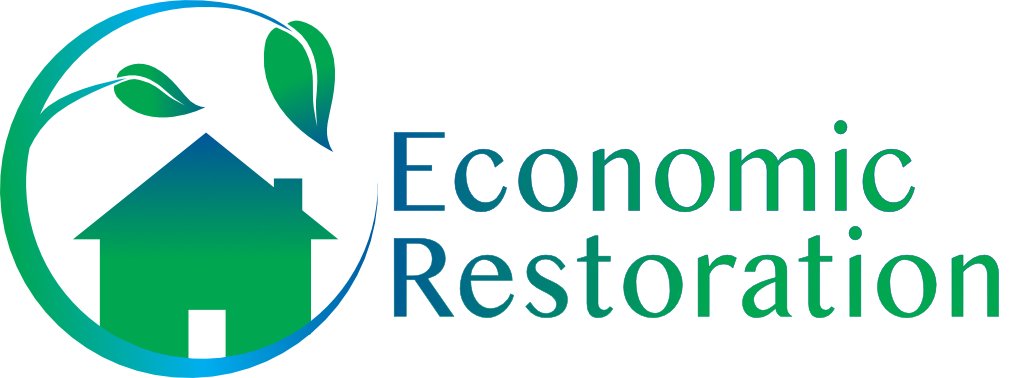This seminal webinar focuses on the structure of a sustainable economy, and the practice of economic restoration. Thanks to Halfmoon Education for hosting this novel webinar for a wide range of professional audiences.
One primeval truism nature offers in that times of disturbance (turbulence) favor a new model, not a model tailored to some past condition. Policies and programs such as the “triple bottom line”, circularity, food & water security, job creation, renewable energy, and others are just as important now than ever. However, how must policies and programs shift to ensure our most important ecological, economic, and social goals are met amidst great national and global turbulence? What is the right economic model to build, and how do we set policies & programs to support it? This is the focus of John Giordanengo’s work with the Economic Restoration Institute, rooted in foundational principles in his book Ecosystems as Models for Restoring our Economies (to a sustainable state), 2nd Edition.
This webinar evaluates common sustainability programs and policies of the past, and draws from systems thinking (across economic and ecological systems) to identify three governing components of sustainable economies—diversity, energy, and trade. The identification of our economy’s foundational components, and the dynamic relationships between them, has been sorely missing in economics and in governance since the birth of capitalism. The webinar presents not only novel perspectives on the structure of a sustainable economy, but traditional and nontraditional measures of economic productivity, the role of economic succession in stimulating diversity and productivity, “structural” economic shifts necessary to achieve energy neutrality & meet carbon targets, an ecological explanation of the wealth gap, and the natural geography of a sustainable economy.
This webinar provides concepts and a lexicon needed for policymakers and program managers to speak knowledgably across ecological and economic disciplines to forge a common understanding of the economic benefits of sustainable economies. A policy and program toolbox (filled with case studies from several states and other countries) is provided. Economic restoration doesn’t simply buffer our communities and nations from turbulence, but economic restoration generates additional revenue, stimulates job growth, provides opportunities for new business growth, and can increase productivity of key industries; while restoring and protecting the ecological and social systems we rely upon.
Webinar concepts include the seven forms of economic diversity that stimulate resilience and productivity, the challenges and opportunities of an energy neutral economy, the benefits of a balanced trade triangle, an ecological explanation of the wealth gap, new forms of quantifying economic productivity, and an ecological explanation of the wealth gap (and how to naturally shrink it). The workshop ends with an outline of economic restoration, the process that needs to occur to achieve our most important economic, ecological, and social goals. Case studies from the U.S., Ecuador, Sri Lanka, and Italy will be provided. This includes a variety of sustainable manufacturing solutions, novel means to achieving energy and carbon neutrality, food sovereignty and regenerative agriculture, and more.
The technology necessary to restore our economies to a sustainable state, and the public will to forge such a transformation, may be greater today than any time in history. To guide the public’s attention and resources toward building a sustainable economy, the structure of a sustainable economy must first be understood, and a restoration path must be clearly visible.
For additional information, and to register for this webinar, please visit https://halfmoonseminars.org/product/webinars/redefining-sustainability-for-a-turbulent-21st-century/
First-time users of Halfmoon Education receive a 50% discount on this webinar.
